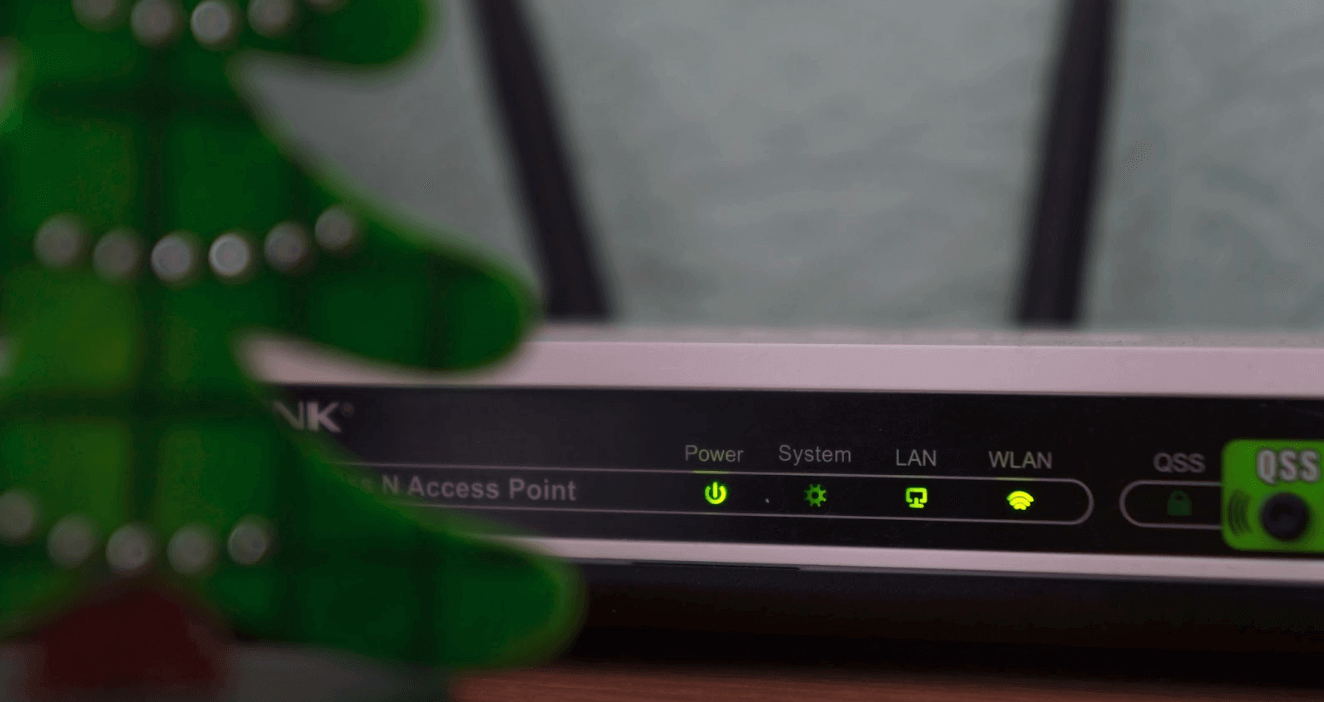Introduction
Virtual Private Networks, better known as VPNs, have a variety of good reasons for consumers to adopt them. Often the number one reason is that consumers can unlock geolocation blocked content on their favorite streaming services. Granted being able to access a country’s Netflix content you have been dying to see but can’t because of where you reside, is a pretty compelling argument. That said, there is perhaps a more compelling argument, that of privacy.
The Privacy Conundrum
There is a constant tug and pull between the right to privacy and the level of governmental control. Given the skyrocketing interest in people wanting to improve their online privacy, it would seem that governments, and companies for that matter, are overstepping and infringing on the right to privacy.
Even in countries perceived to uphold one’s right to privacy, actions taken by those governments seem to veer more towards absolute control. In the US, as an example, congress cleared a path for internet service providers (ISPs) to collect customer data. This act by the government allows your ISP to collect your browsing history and web activity, then sell it off to advertisers. Rightly so, many Americans feel like their right to privacy is being infringed upon by this law. Further, high levels of online privacy make it harder, far harder, for hackers to target and compromise you or your company’s IT infrastructure.
In other countries, the right to privacy may be completely eclipsed by the government’s legal framework for maintaining control. In these circumstances, your entire online life, and subsequently much of your life, can be monitored by government agencies even law enforcement. Even in places like Dubai, government overreach could pose significant business risks. Fortunately, VPNs can mitigate that risk.
Not All VPNs are Equal
While many of us have heard of what VPNs can do, they do have limitations. They are not the mythical privacy tool many make them out to be. The myth that once you have one, anyone, then your privacy is guaranteed is too often repeated online. What is needed then is vpn services that work in places like Dubai.
For your chosen VPN to be seen as an asset to privacy it must have a few features. Number one is that it must be a “no logs” VPN. This means that no logs of your online activity are kept and squirreled away on a server’s hard disk in some place on the opposite end of the globe. A robust no logs policy is an absolute must if you are going to take your privacy seriously.
That said, this is very difficult to test for yourself whether logs are collected or not. Here some research can be done though to help in your choice of VPN provider. Some VPNs have been instructed by authorities to hand over records about a legal disputes or criminal cases, while they comply with the authorities if they have a robust no logs policy then there is nothing they can hand over, as no logs are recorded and kept. If your chosen VPN has not been legally tested in this way either locally or internationally then a bit of homework on their reputation is required, look at customer reviews and tech publication reviews of the VPN before signing up.
Conclusion
Today, it feels like our right to privacy is being assaulted from every direction. Luckily, certain VPNs have stepped up to be privacy advocates and in turn provide a service, albeit paid, to help keep your online activity private and away from nanny states, greedy corporations, or malicious hackers.


